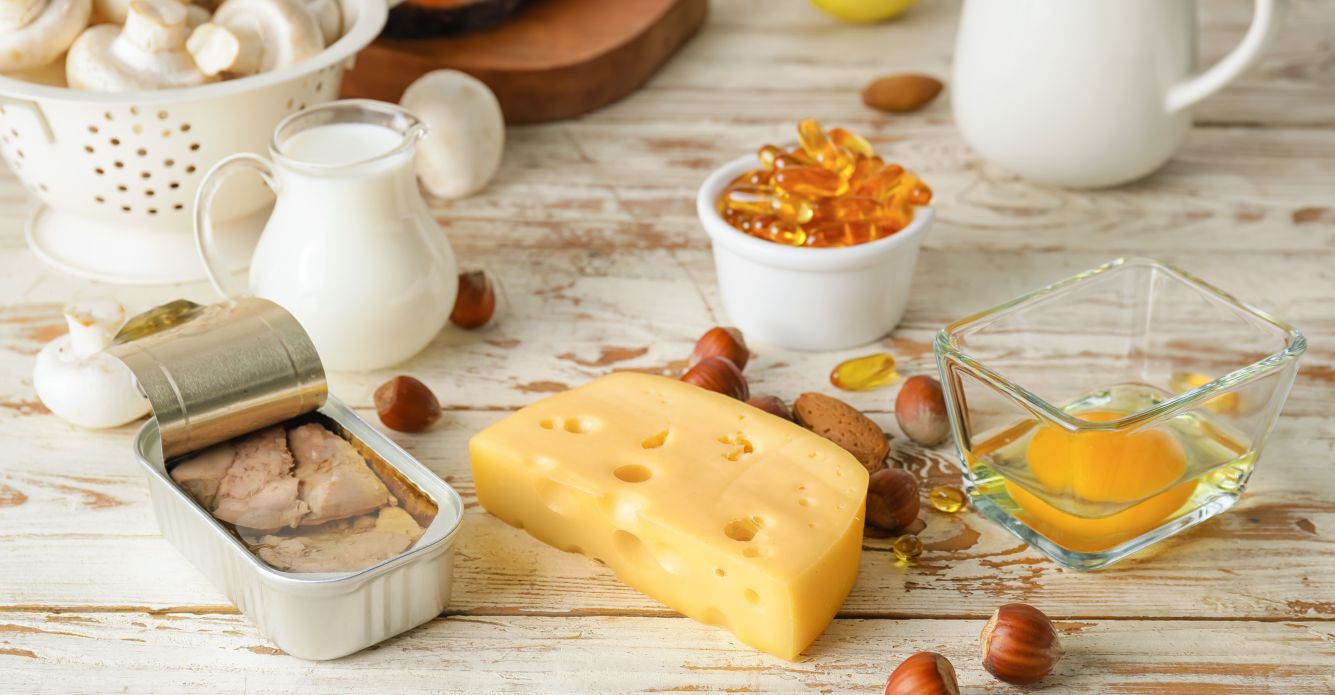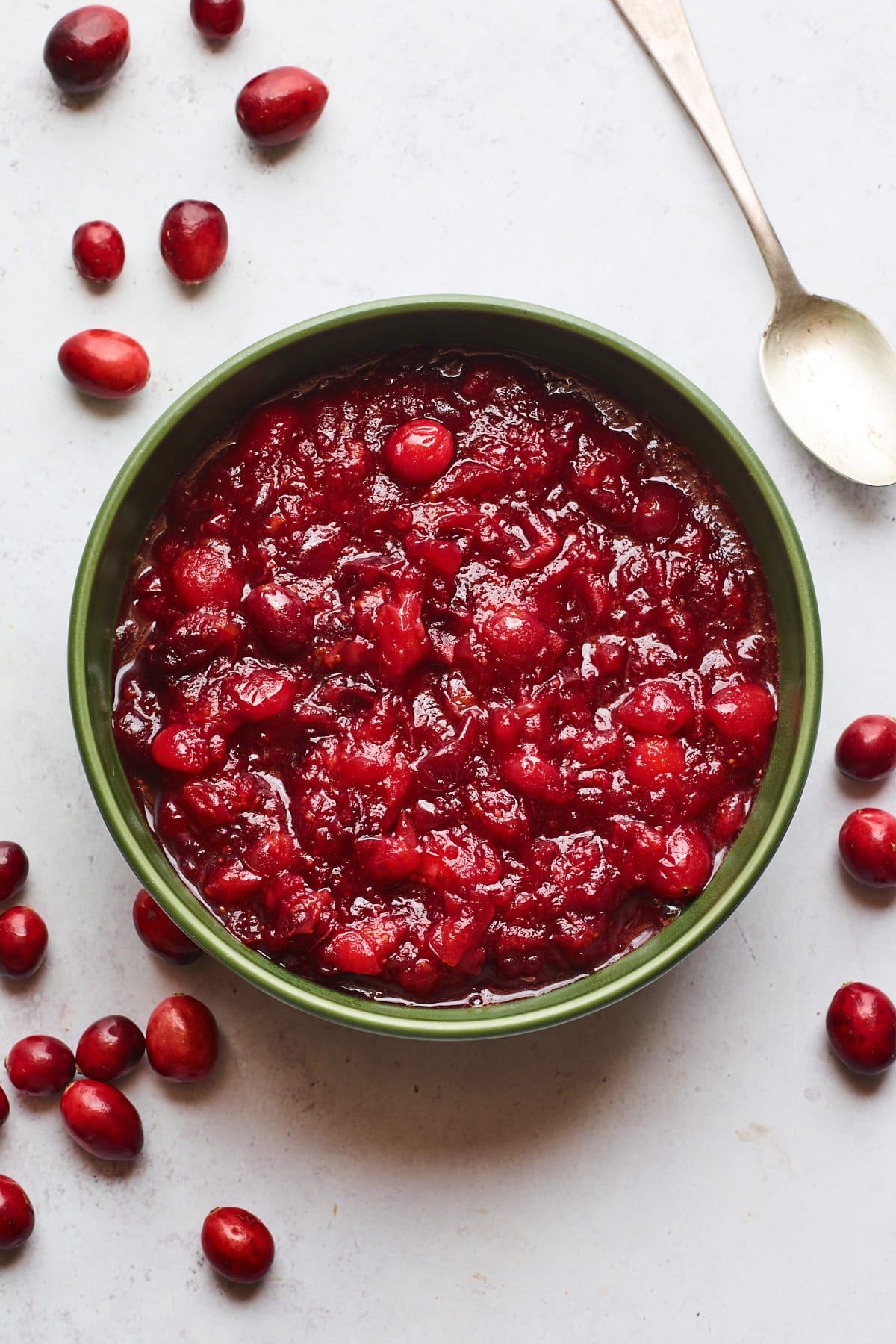Maintaining optimal health is essential in our fast-paced world, especially for women juggling the responsibilities of daily life. One key aspect of a well-rounded health regimen is ensuring your body receives the essential vitamins it needs. From fostering the health of red blood cells to fortifying the immune system, vitamins play a crucial role in supporting our overall well-being. This blog will cover essential nutrients and vitamins women should take on a daily basis to support their health and wellness.
Recommended Vitamins for Women
Whether you’re a busy professional, a mother-to-be, or navigating the golden years, understanding your unique vitamin needs is the first step towards a healthier, more vibrant life. Below is a list of recommended nutrients and vitamins women should consider taking regularly, along with some helpful information.
Calcium
Calcium offers multifaceted benefits for women at various life stages. Physically active women find support in calcium for bone health and muscle function, while pregnant women benefit as it aids in fetal development. Older adult women who are postmenopausal are often susceptible to bone loss, and can reduce the risk of fractures by maintaining adequate calcium levels.
This essential nutrient, endorsed by the Food and Drug Administration in the United States, plays a crucial role in supporting red blood cells, a robust nervous system, and a resilient immune system. To ensure sufficient calcium intake, consider incorporating dairy products, leafy greens like kale and broccoli, and fortified foods into your diet. These sources not only contribute to overall health but also empower women to stay healthy throughout their diverse life stages.
Vitamin D
Vitamin D is a fat-soluble vitamin that aids women’s well-being by offering a spectrum of benefits. For physically active women, it supports bone health and muscle function, while breastfeeding and pregnant women rely on it for fetal development and lactation. Postmenopausal women and those 70 years old and above find reassurance in Vitamin D as it reduces the risk of bone fractures and enhances overall bone strength.
You can incorporate Vitamin D into your diet with a supplement or through vitamin D-rich foods like fatty fish and fortified dairy products. Exposure to sunlight also contributes to vitamin d intake.
B Vitamins (B6, B9, B12)
B Vitamins, encompassing B6, B9, and B12, play a pivotal role in promoting women’s health across various life circumstances. Postmenopausal women benefit from B vitamins as they support cognitive function and help reduce the risk of age-related cognitive decline. For those adhering to vegan or vegetarian diets, B vitamins are crucial for energy metabolism, nerve system function, and the formation of red blood cells.
During pregnancy, these essential nutrients take center stage in fetal development, making them vital supplements for pregnant women. B vitamins also contribute to a robust immune system and overall well-being, providing key support for older adults striving to stay healthy.
To ensure sufficient intake, incorporate foods rich in B vitamins into your diet, such as leafy greens, legumes, fortified cereals, and animal products. If you are unable to incorporate these foods into your diet, comprehensive supplements for women are a great alternative.
Iron
Iron is crucial in women’s health. For women experiencing heavy periods, maintaining adequate iron levels is essential to counteract potential deficiencies and adverse side effects, such as headaches and fatigue. Additionally, women of Black or Hispanic descent are more prone to iron deficiency, and they can benefit from ensuring their sufficient intake of iron-rich foods or supplements for women.
During pregnancy, iron plays a pivotal role in preventing anemia and supporting the increased blood volume necessary for fetal development. Recognized as an essential nutrient by the Food and Drug Administration in the United States, iron supports the formation of red blood cells, reducing the risk of iron deficiency.
Lean meats, beans, fortified cereals, and leafy greens are all iron-rich foods that can be incorporated into your diet. However, if you have dietary restrictions, supplements work to proactively support your health and may help mitigate the risks associated with iron deficiency.
Fish Oil
Fish oil, rich in omega-3 fatty acids, is an essential nutrient in women’s health, especially for the nervous system. Fish oil supports cognitive function, reduces the risk of age-related cognitive decline in older adults, and contributes to our overall mental well-being. During pregnancy, the omega-3 fatty acids in fish oil play a crucial role in fetal brain and eye development.
You can opt for either consuming fatty fish such as salmon, mackerel, and trout or choosing supplements for women to add the fish oil nutrient into your routine. These sources offer a rich supply of omega-3 fatty acids, helping promote cardiovascular well-being, and supporting overall health.
Magnesium
Magnesium is pivotal in women’s health because it contributes to muscle function, making it invaluable for women engaged in regular physical activity. Beyond its role in supporting the nervous system and reducing the risk of age-related health issues in older adults, magnesium is a key player in maintaining overall well-being. It facilitates energy production and assists in the regulation of various biochemical processes.
For women aiming to maintain robust health and resilience, including magnesium-rich foods in their diet is paramount. Incorporate leafy greens, nuts, seeds, and whole grains, as these sources not only enhance red blood cell health but also fortify the immune system. Magnesium stands as a vital component in the pursuit of a healthy, active lifestyle.
Lutein
Lutein offers unique benefits for women’s health, particularly for maintaining optimal vision and reducing the risk of age-related macular degeneration. Recognized by the Food and Drug Administration, lutein also contributes to eye health, supporting visual well-being.
Consider consuming foods rich in lutein, such as leafy greens like spinach and kale, broccoli, and eggs to add this essential nutrient into your diet.
Vitamin K
Vitamin K contributes to various physiological functions, including blood clotting and bone health. You can incorporate Vitamin K into your routine with nutrient-rich foods or supplements for women. Leafy greens like kale and spinach, broccoli, and Brussels sprouts support red blood cell health and contribute holistically to your well-being.
Please note that vitamin K can interact with several common medications, including blood-thinners, anticonvulsants, antibiotics, cholesterol-lowering drugs, and weight-loss drugs. Please consult with your physician before adding vitamin K into your normal wellness routine.
Find the Right Formula
This guide on the incorporation of essential nutrients and vitamins women should take daily serves as a compass toward vitality and resilience. From the foundational support of calcium for bone health to the cognitive fortification provided by B vitamins, each element plays a unique and important role in maintaining well-being and leading a vibrant life. With these insights and a diverse array of nutrient-rich foods at our disposal, women can embark on a journey towards optimal health, armed with the knowledge to nourish both body and spirit, ensuring a life of enduring wellness and vitality.
For those seeking a convenient and reliable way to supplement their nutritional needs, Uscriptives is the answer! With an unparalleled commitment to women’s health, Uscriptives provides a range of meticulously crafted supplements designed to complement diverse lifestyles. Whether you’re targeting healthy hair, skin, and nails or your overall well-being, Uscriptives stands as a trusted ally on your wellness journey. Learn more by exploring our website!
Publisher: Source link




